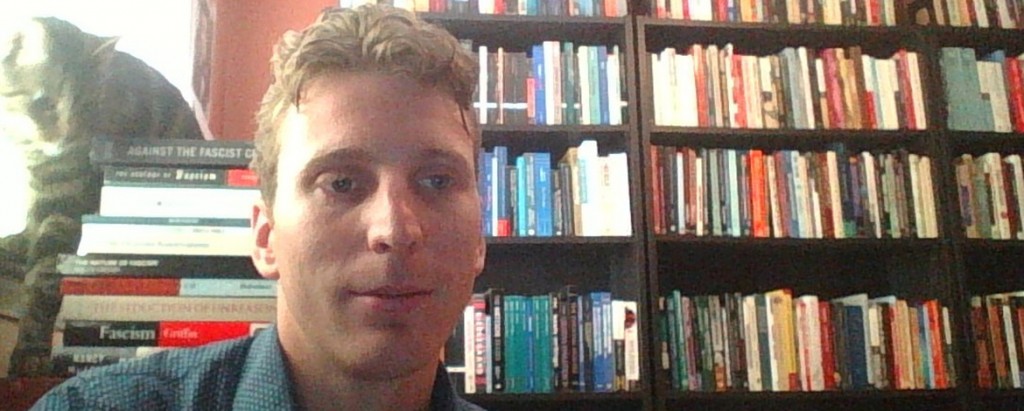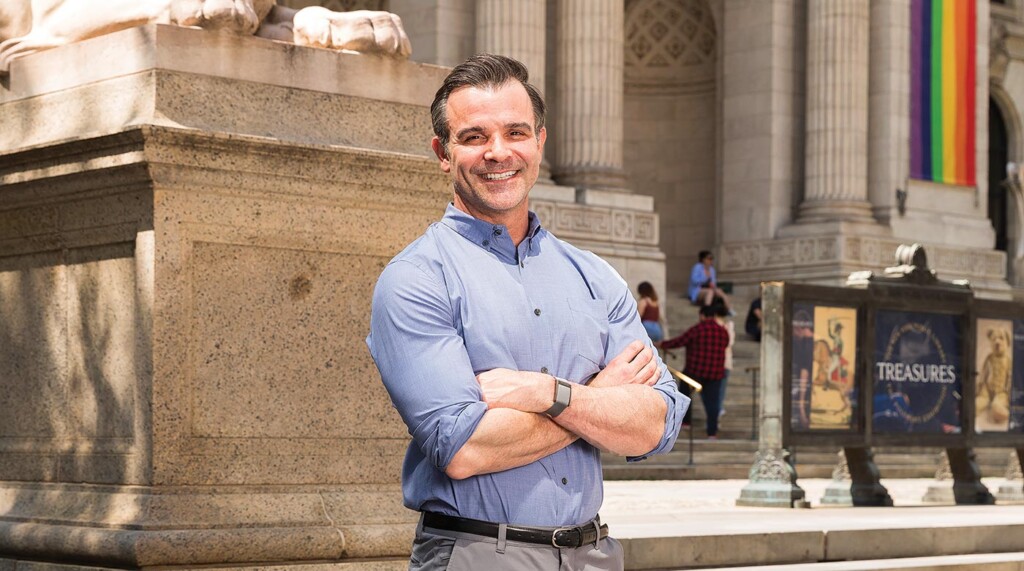Page 107 • (1,313 results in 0.072 seconds)
-

own knowledge of that aspect of philosophy.” Dr. Arnold hopes to bring his enthusiasm for philosophy to PLU. He also hopes to “help students who take my class to become interested in Philosophy and better their abilities to critically engage with the world around them. I hope to show students that philosophy is not just a part of academic education but that they can also see it in whole parts of culture such as the news and music. These ideas are everywhere if we pay attention to them.” One of Dr
-

lot of discussion around the role of Black women’s hair in society and culture. How can we be curious about people’s qualities and differences without impeding on the personal space and the humanity of others? 4) What are some examples of ways that you can decolonize… Your language? An institution or system (e.g., a class or a policy)? 5) We were challenged in the video to decolonize how we introduce ourselves. What are some different forms of introduction, besides name and title? 6) How can the
-
molecular basis of gene expression, recombination, genetic variability, as well as cytogenetics and Mendelian and transmission genetics. Laboratory includes molecular biology techniques and problem solving exercises. Prerequisite: BIOL 226. (4) BIOL 341 : Developmental Biology The embryonic and larval development of multicellular organisms (primarily animals). Examples are chosen from popular contemporary model systems, and the emphasis is on cellular, and molecular aspects of development. The
-

inherit a team of community-orientated librarians that reflected the communities they served.“It was the first time I’d really been in a management job where my team really was of, and knew, the communities that we were a part of,” he remembers. “There were countless examples during that period of time where I had people who had a different lived experience and therefore a unique perspective, and they could help navigate the culture and the politics in a much more nuanced and impactful way than I
-
Tacoma’s advocacy and arts communities, currently serving as Chair of the Metro Parks Tacoma Culture & Heritage Advisory Council, on the Broadway Center for the Performing Arts Programming Committee, and formerly on the Tacoma Art Commission. Simon Sung, executive creative director Simon Sung graduated in 1990 from the University of Washington. During his tenure in the design field he has worked for various clients including Simon and Schuster, Random House, Crown, Disney, Chronicle Books, Starbucks
-

greater language repertoire,” Davidson said. The springtime discussion illustrated how students work to expand that repertoire. While discussing her view of Menchú’s testimonial, one student switched to English to clarify the translation of “terminology” (terminología ). Beyond language, though, students embrace their culture and learn about others — addressing shared experiences, as well as those unique from their own. “It’s an invitation to critically examine what it means to be Latino in the United
-
freelance journalist to the Weekly Volcano , Tacoma Weekly , South Sound Magazine and Anchorage Daily News . Zach is also an active volunteer in Tacoma’s advocacy and arts communities, currently serving as chair of the Metro Parks Tacoma Culture & Heritage Advisory Council, on the Broadway Center for the Performing Arts Programming Committee, and formerly on the Tacoma Art Commission. Simon Sung, executive creative director Simon Sung graduated in 1990 from the University of Washington. During his
-
strives to choose the most cost-effective option, balanced with the other selection criteria. Curated collections. Popular Fiction Collection Policy Faculty publications: The library accepts both donations of works by faculty and suggestions for purchase. Alumni and student publications: The library accepts both donations of works by alumni and current students, and suggestions for purchase. Archives Collection Policy Textbooks.As a general rule, the library does not purchase course textbooks. Our
-
bravery. To enter and chat about nothing in particular often leads to new insight. Both are valuable. Both show that you trust me. I promise to respect you and earn that trust through compassionate listening and understanding. [Adapted from Adam Heidebrink-Bruno’s post in Hybrid Pedagogy – Syllabus as Manifesto: A Critical Approach to Classroom Culture] Back to menuAcademic Integrity (general)Example #1 Intellectual development requires honesty, responsibility, and doing your own work. Taking ideas or
-
. Approach one’s commitments with a high level of personal responsibility and professional accountability. Multiple Frameworks Recognize and understand how cultures profoundly shape different assumptions and behaviors. Identify issues and problems facing people in every culture (including one’s own), seeking constructive strategies for addressing them. Cultivate respect for diverse cultures, practices, and traditions. Note: even though these objectives are listed here as discrete elements, they are
Do you have any feedback for us? If so, feel free to use our Feedback Form.


